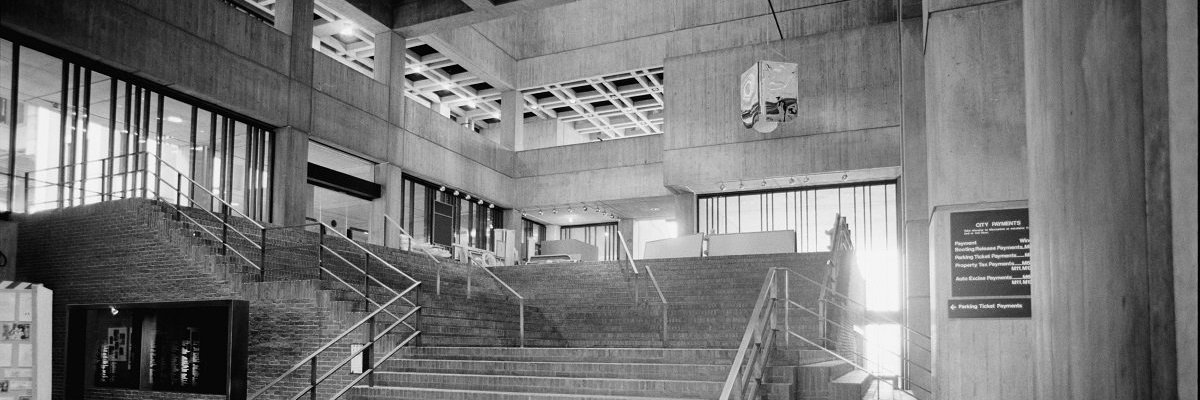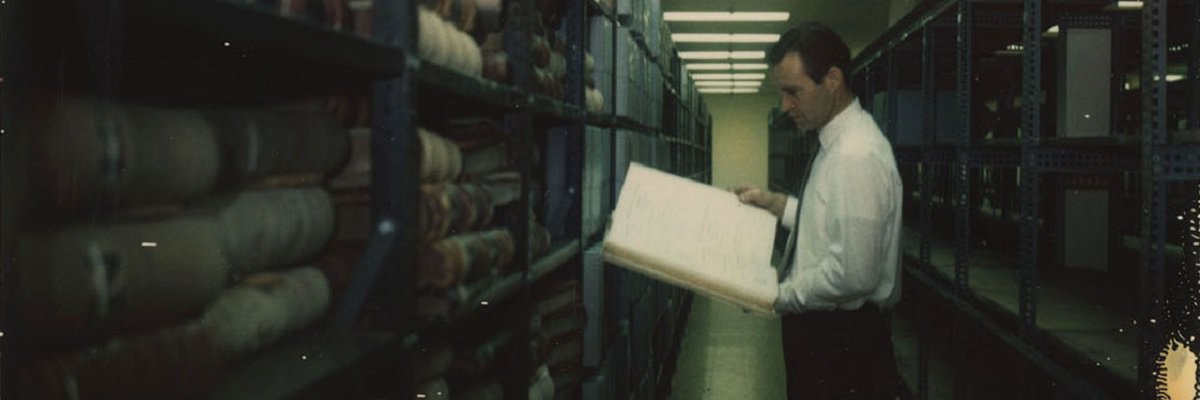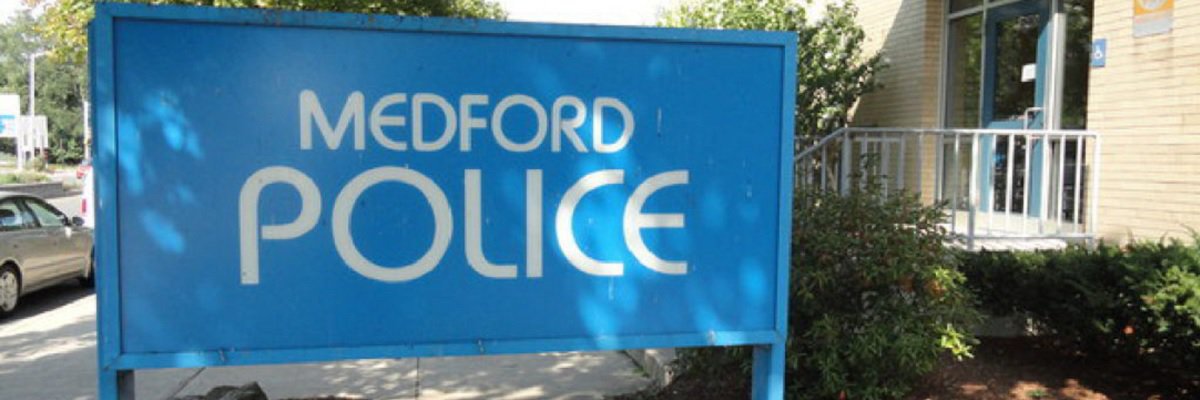“We must increase transparency and make clear that Boston’s interests come first. Always.”
That is from Mayor Martin J. Walsh’s inaugural address in 2014. Unfortunately, Walsh’s city government doesn’t seem to be as keen as on upholding what the mayor promised at the beginning of his tenure. When Mayor Walsh took off to California in December to present a bid for the Olympics, I became curious as to the kinds of communications Walsh had been having about the Olympics. So on December 20 I requested emails from his office containing various Olympics and Boston 2024 related emails.
As of the date of publication, I have yet to receive a single email pertaining to the Olympics sent to or from the mayor. Instead, the city initially sent me just documents regarding their Olympic insurance policy, which is completely irrelevant to my request.
Eventually, I did manage to get some emails, though none of them were to of from the mayor himself. Of the 45 pages of emails I ultimately received – which were “left off [the city’s] original response” – only 23 pages actually were emails. The other pages were lengthy attachments: a Boston Teachers Union newsletter that briefly mentioned the Olympics, and a draft of the speech that Walsh delivered to the United States Olympic Committee.
This attachment, which was supposedly left off the original response on accident, was printed out two weeks after that response was sent. That’s the methodology that the city has chosen to embrace: slow and imprecise.
In those cases where a requester has been persistent enough to get the city to actually locate responsive records, the cost has been prohibitively expensive. Jonathan Cohn, editor at the Tellus Institute and a lead organizer with No Boston 2024, ran into this when he made requests for emails between members of Boston 2024 and three people currently or formerly associated with Mayor Walsh’s office. The city asked for over $1,000 in processing fees.
“If you’re charging people to fulfill requests, it presents a very troubling view of how the government views citizens,” Cohn said.
Providing public records, Cohn adds, should be funded like other public services, via tax revenue, rather than by levying fees onto citizens for something that should be available anyway. “When you increasingly view something as [having] more of a marketed nature to it, then it becomes fees and fines. It has a troubling logic to it to create fees for something that should be a public good.”
It’s not hard to see why obtaining the emails Cohn requested might benefit the public good. Just look at the circumstances that prompted Cohn’s requests: Joseph Rull held several governmental positions, including Boston’s chief of operations under Walsh, until he moved over to Boston 2024 in February. Doug Rubin worked on Walsh’s campaign, and later joined the Boston 2024 PR effort. Daniel Koh, aside from being Walsh’s chief of staff, is engaged to a Boston 2024 staff member.
Public good or not, they’re certainly in the public interest - the crowdfund to raise the processing fee was completed in a manner of days.
Where public records requests have been successful, they’ve been damning. Boston 2024 was thrown for a loop last week when Kyle Clauss at Boston magazine obtained and reported on bid documents that contained information that had previously had been kept out of public eye. Missing from the original bid book, which was produced by Boston 2024 at the beginning of this year, was information about using public money to finance land acquisitions, a considerable revelation considering the group’s reassurance that no public money would be used.
The full bid also exposed a previously omitted section entitled “Weaknesses and Threats.” At the beginning of this year, Boston 2024 maintained that any withheld information was necessarily secret in order to protect the bid from its competition. The omission of such a section, however, appears to imply that the group was trying to protect Boston’s bid from Boston.
I’m appealing my request to the city for these documents for a number of reasons, but ultimately because I know there are emails they have omitted. In the packet of emails I received, none pertained to my request (since none of them was sent to or from the mayor).
So where did they come from, and why these emails? Would it have anything to do with the fact that almost all the messages in the packet, save the BTU complaint, were overwhelmingly positive? These are not a comprehensive set of documents by any imaginable search query.
Both Boston 2024 and Mayor Walsh have reiterated a commitment to transparency, but in practice, the only thing they’ve committed to is lip service. As more information comes to light, poll numbers tend to drop. It’s become somewhat of an adage in Boston that the more we know about the bid, the more we dislike it. Now let’s let a little sunshine in.
Image by Bill Lebovich via Wikimedia Commons




